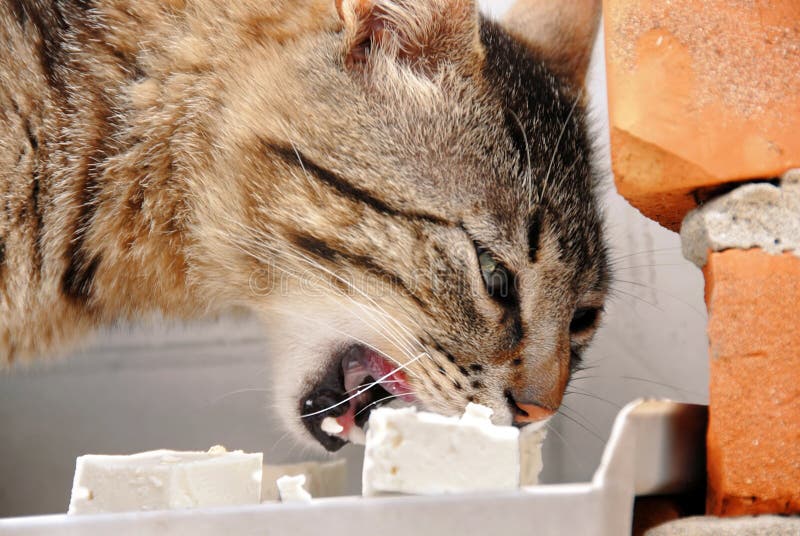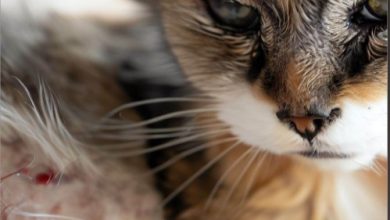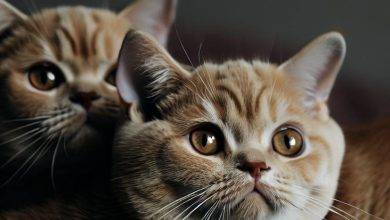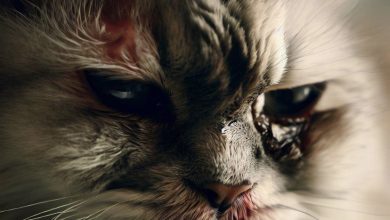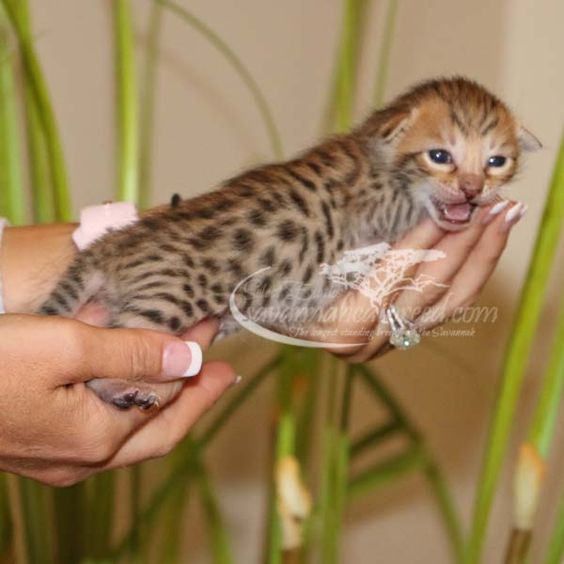When to Euthanize Elderly Cats: [A Comprehensive Guide]

Growing old is a natural part of life, not just for us humans but also for our beloved feline companions. As our cats enter their golden years, it becomes essential to navigate the challenges that come with aging and make difficult decisions regarding their well-being. This comprehensive guide aims to provide support and guidance in determining when it may be appropriate to consider euthanasia for an elderly cat, ensuring that their final days are filled with love and compassion. SULLPET
Understanding the Aging Process in Cats
Just like humans, cats experience changes in their bodies and behavior as they age. It’s important to familiarize ourselves with the typical signs of aging in cats, such as decreased mobility, changes in appetite, weight loss, increased sleeping, and potentially cognitive decline. Understanding these age-related changes allows us to differentiate between normal aging and signs of potential distress or suffering.
Signs to Euthanize Elderly Cats
Signs to consider euthanizing an elderly cat include chronic pain, terminal illness, loss of appetite and weight loss, incontinence, lack of enjoyment in daily activities, breathing difficulties, mobility issues, and multiple organ failure. Consult with your veterinarian for personalized guidance and to ensure the most compassionate decision.
Also Read: Cat Mammary Cancer: When to Euthanize
Factors to Consider When Evaluating Quality of Life
Evaluating a cat’s quality of life is a complex task, as it involves assessing multiple factors. It’s essential to consider their physical comfort, emotional well-being, ability to engage in their favorite activities, and overall enjoyment of life. Additionally, assessing factors such as pain management, appetite, hydration, and mobility can provide valuable insight into their current state of well-being.
Also Read: Reasons Why Do Cats Lick Their Noses?
Consulting with a Veterinarian: Professional Guidance
When facing the challenging decision of euthanasia for an elderly cat, consulting with a veterinarian is of utmost importance. Veterinarians have the experience and knowledge to assess a cat’s health, provide guidance on managing age-related conditions, and offer compassionate advice regarding end-of-life decisions.
Their professional expertise can help us make informed choices based on our cat’s individual needs and circumstances.
Assessing Pain and Discomfort in Elderly Cats
Pain management plays a crucial role in the well-being of elderly cats. Cats are masters at hiding pain, so it’s important to observe changes in their behavior, mobility, and appetite that may indicate underlying discomfort.
Working closely with a veterinarian to monitor and address pain can significantly improve their quality of life and guide our decision-making process.
Monitoring Appetite, Hydration, and Weight Loss
Appetite, hydration, and weight are key indicators of an elderly cat’s overall health. Significant changes in eating habits, unexplained weight loss, or signs of dehydration may be red flags that their quality of life is being compromised. Regular monitoring of these factors helps us gauge their well-being and make informed decisions about their care.
Managing Chronic Health Conditions in Aging Cats
Age-related health conditions, such as kidney disease, arthritis, or cancer, can impact an elderly cat’s quality of life. Managing these conditions through appropriate medical interventions, pain management, and supportive care can help alleviate discomfort and prolong their enjoyment of life. However, there may come a point where the burden of chronic illness outweighs the benefits of treatment, prompting us to consider euthanasia as a compassionate choice.
Recognizing Behavioral Changes and Cognitive Decline
Cognitive decline, similar to dementia in humans, can affect elderly cats. Symptoms may include confusion, disorientation, changes in litter box habits, and altered sleep patterns. It’s important to recognize these behavioral changes and consider their impact on the cat’s overall well-being and quality of life when making end-of-life decisions.
The Importance of Regular Veterinary Check-ups
Regular veterinary check-ups are vital for monitoring an elderly cat’s health and addressing any emerging concerns promptly. These check-ups allow veterinarians to detect age-related conditions early, provide appropriate treatment and pain management strategies, and guide us in making informed decisions about our cat’s care.
Discussing Euthanasia with Family Members and Loved One
The decision to euthanize an elderly cat should be a family decision, involving open and compassionate communication. Discussing concerns, emotions, and observations with family members and loved ones can provide support during this challenging time. Sharing experiences and perspectives can help in reaching a consensus that prioritizes the cat’s well-being.
Coping with the Loss: Grieving and Finding Support
Saying goodbye to a beloved cat is undoubtedly heartbreaking. It’s important to allow ourselves time to grieve and process the loss. Seeking support from friends, family, or even pet bereavement counselors can provide comfort during this difficult period. Remember that each person’s grief is unique, and finding healthy ways to cope with the loss is crucial.
Considering Home Euthanasia Services for Comfort
For some elderly cats, the stress of visiting a veterinary clinic can exacerbate their anxiety and discomfort. In such cases, exploring home euthanasia services can provide a more peaceful and familiar environment for the cat’s final moments. Discussing this option with a veterinarian can help determine if it is a suitable choice for your elderly cat.
Preparing for the Euthanasia Process
If the decision is made to proceed with euthanasia, it’s important to understand the process and what to expect. Discussing the procedure, aftercare options, and any specific wishes or arrangements with the veterinarian in advance can alleviate some of the stress and uncertainty surrounding the event.
Making the Final Decision: When It’s Time to Say Goodbye
Deciding when it’s time to say goodbye to an elderly cat is an agonizing decision, but it’s ultimately an act of love and compassion. Trust your instincts, evaluate your cat’s overall well-being and quality of life, and consult with your veterinarian. Their expertise, combined with your deep understanding and connection with your cat, will help guide you in making the final decision.
Aftercare and Memorializing Your Beloved Senior Cat
After your cat has peacefully passed, it’s important to consider aftercare options that align with your wishes. This may include cremation or burial arrangements. Additionally, finding ways to memorialize your beloved senior cat, such as creating a photo album or planting a tree in their honor, can provide solace and keep their memory alive.
Remember, the decision to euthanize an elderly cat is a deeply personal one. Trust yourself, lean on the support of veterinary professionals and loved ones, and prioritize your cat’s well-being throughout the process. By choosing euthanasia when it is appropriate, we can offer our furry friends the gift of a peaceful and dignified transition from this world, surrounded by love till the very end.

